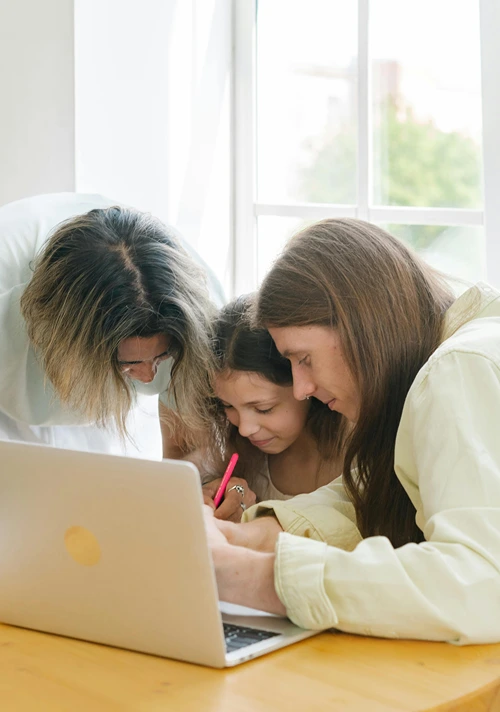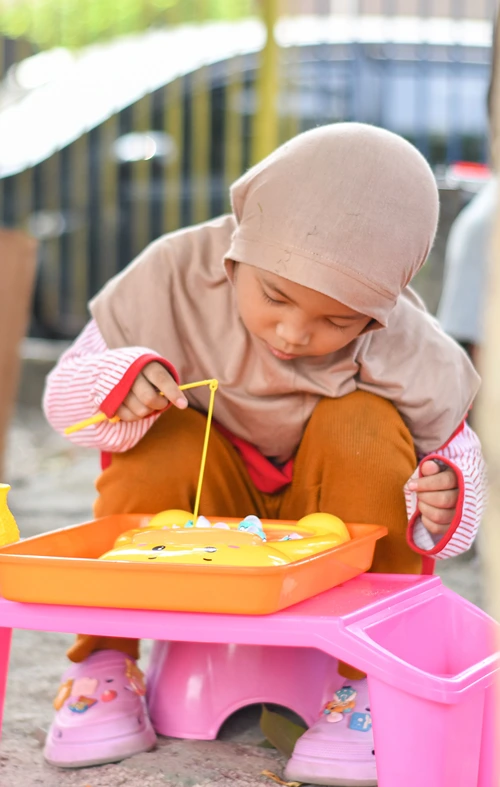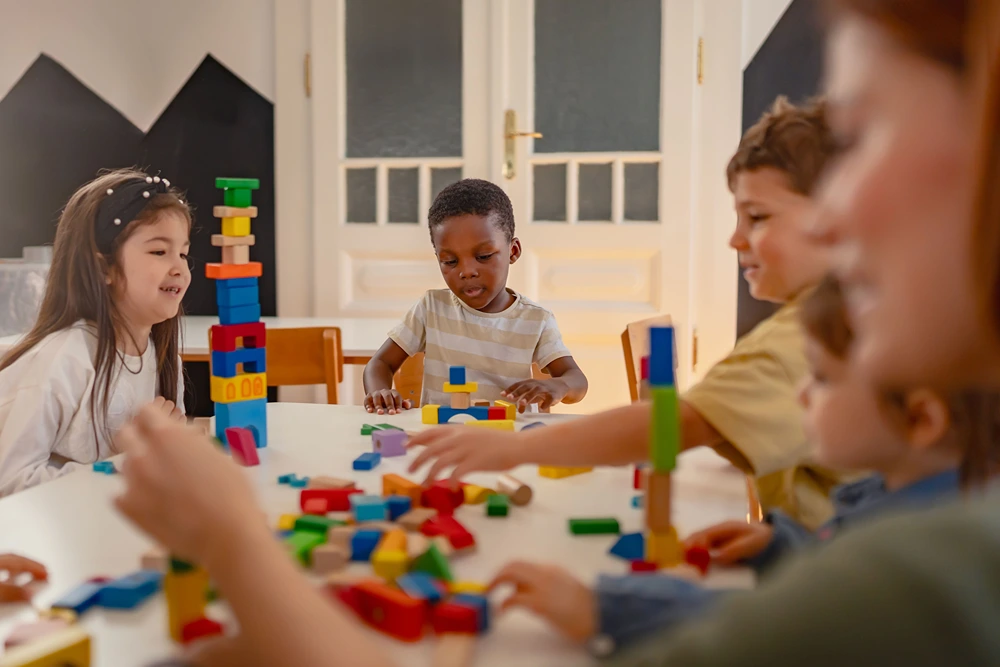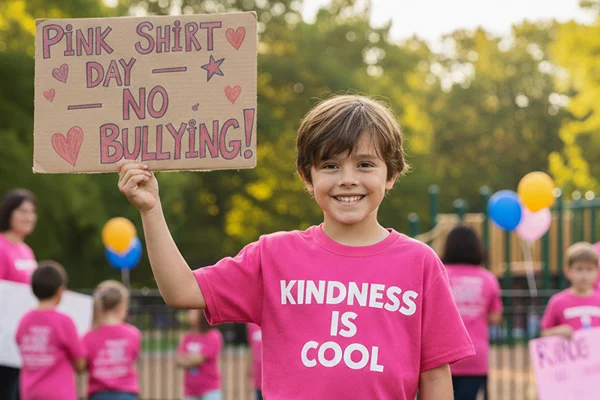How Casual Play Can Unlock Emotional Connection in Teens
Struggling to emotionally connect with your teenage kids? Rest assured, you’re not alone. Many parents find it challenging to establish the right balance of communication and bonding during such an emotionally charged phase of life. But there’s an approach that may surprise you and your teen—casual play.
Casual play can unlock emotional connection in teens and is impactful for creating genuine bonds.
Why Casual Play Matters for Teens
Teenagers live in a world full of deadlines, expectations, and growing independence. Casual play offers a pause from all of that. It gives teens the space to just be themselves without pressure.
These kinds of activities, like shooting hoops, going for a bike ride, or playing a video game, create a chill setting where connection comes naturally. When things feel less serious, teens often become more open and relaxed.
Play Fosters Empathy and Emotional Expression
Play brings out a wide range of emotions, from laughter and excitement to frustration and determination. These emotional moments during games can make it easier for teens to understand and talk about how they feel.
When adults stay engaged and respond during these moments, it shows respect and lets the teen know you notice their struggles. Over time, this builds comfort, helping with bigger feelings outside of play, too.
Casual Play Helps Teens Open Up
Informal play breaks down emotional walls. Sitting down for something fun, whether it’s a card game, doodling, or tossing a ball, sets a different tone. The shared activity creates the right vibe for conversation to happen naturally. Something as simple as foosball brings people together and sparks friendly back-and-forth that can lead to real connection without anyone forcing it.
The Role of Casual Play in Building Trust
Trust grows when teens feel seen, safe, and supported. Casual play builds this trust by showing teens that connection doesn’t always have to involve serious talks or advice. Playing a game or joining a hobby they like shows interest and respect. These shared moments give teens proof that someone is willing to meet them where they are.
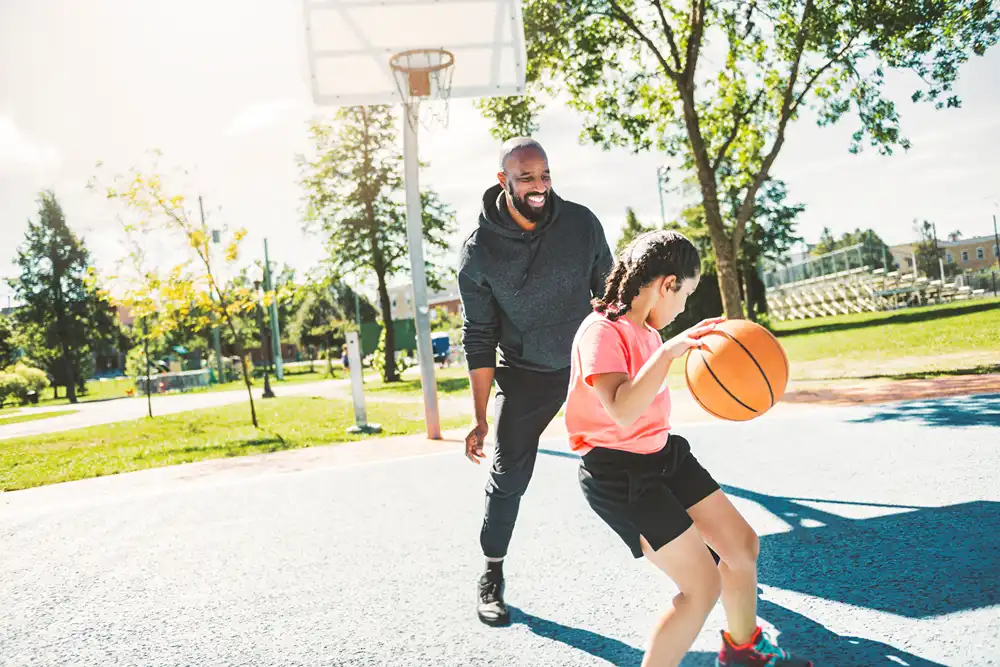
Creating Lasting Memories
Some of the strongest family memories come from fun, lighthearted moments. A goofy round of charades or a long video game session full of laughter can turn into a story that you tell for years. In these moments, teens feel real joy with the people around them. That’s how casual play can unlock emotional connection in teens—by making space for joy, trust, and shared experience.
Play As the Foundation of Lifelong Connections
Through repeated shared play, teens learn that relationships don’t always have to revolve around serious conversations. Inside jokes, mini victories, and “just one more game” moments all build a stronger sense of closeness. These are the experiences that teach patience, respect, and emotional awareness in ways that feel fun and real.
Set aside time to build a bond with your teen with something fun without any big expectations. Join your teen in a hobby they enjoy or introduce a casual game to play together. These moments of shared play can go a long way toward building trust, creating strong memories, and strengthening long-term relationships.


